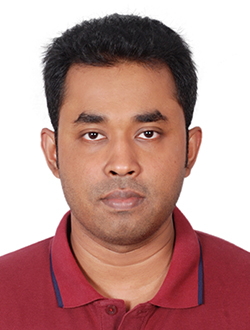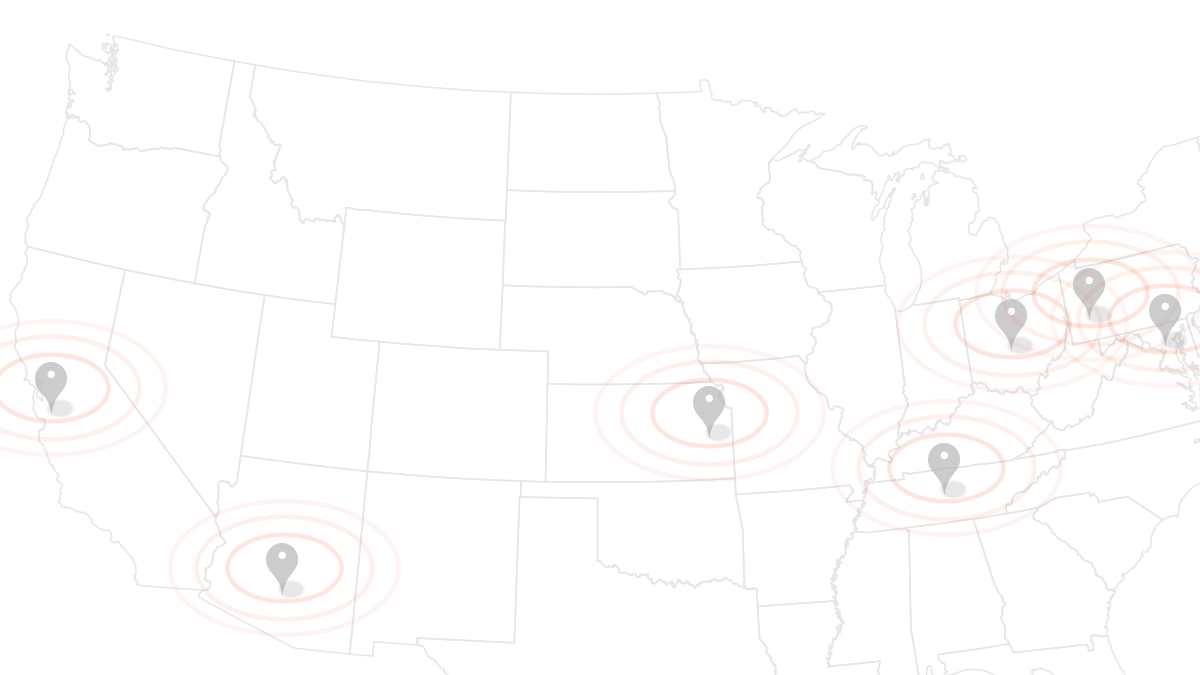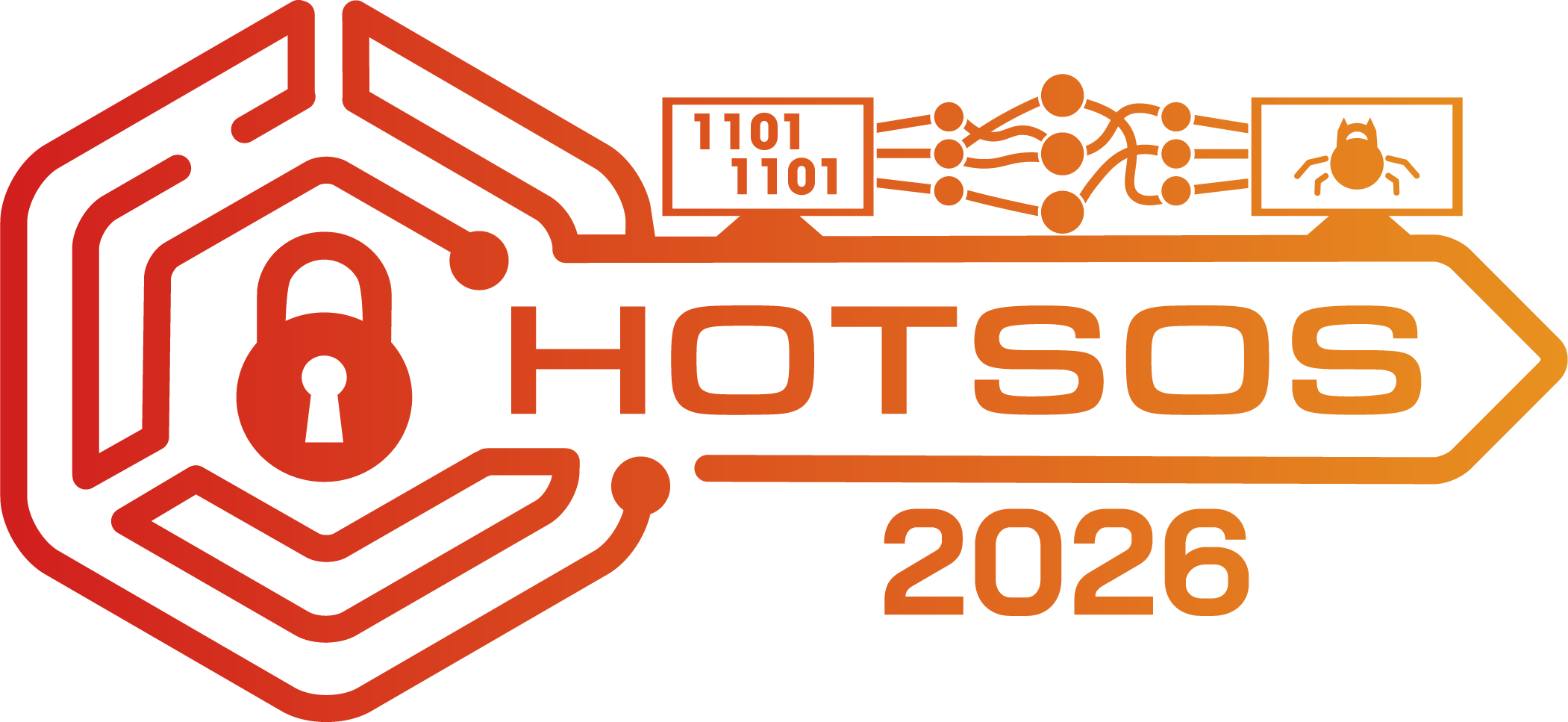Resiliency Metrics for Monitoring and Analysis of Cyber-Power Distribution System with IoTs
|
ABSTRACT The electric grid operation is constantly threatened with natural disasters and cyber intrusions. The introduction of Internet of Things (IoTs) based distributed energy resources (DERs) in the distribution system provides opportunities for flexible services to enable efficient, reliable and resilient operation. At the same time, IoT based DERs comes with cyber vulnerabilities and requires cyber-power resiliency analysis of the IoT-integrated distribution system. This work focuses on developing metrics for monitoring resiliency of cyber-power distribution system, while maintaining consumers’ privacy. Here, resiliency refers to the system’s ability to keep providing energy to the critical load even with adverse events. In the developed cyber-power Distribution System Resiliency |
(DSR) metric, the IoT Trustability Score (ITS) considers the effects of IoTs using a neural network with federated learning. ITS and other factors impacting resiliency are integrated into a single metric using Fuzzy Multiple-Criteria Decision Making (F-MCDM) to compute Primary level Node Resiliency (PNR). Finally, DSR is computed by aggregating PNR of all primary nodes and attributes of distribution level network topology and vulnerabilities utilizing game-theoretic Data Envelopment Analysis (DEA) based optimization. The developed metrics will be valuable for i) monitoring the distribution system resiliency considering a holistic cyber-power model; ii) enabling data privacy by not utilizing the raw user data; and iii) enabling better decision-making to select the best possible mitigation strategies towards resilient distribution system. The developed ITS, PNR, and DSR metrics have been validated using multiple case studies for the IoTs-integrated IEEE 123 node distribution system with satisfactory results.
BIO
 Partha S. Sarker is a Ph.D. student in the Lane Department of Computer Science and Electrical Engineering at West Virginia University (WVU). He started his Ph.D. degree in 2018 Fall at Washington State University, finished all the course works for the Ph.D. and Ph.D. qualifier there before transferring to WVU in 2021 Fall with his Ph.D. advisor. He received his M.S. from Temple University and B.S. from Bangladesh University of Engineering and Technology. His research interests include cyber power system analysis, modeling, simulation, resiliency analysis, data driven control and operational applications, and testbed development for cyber power systems.
Partha S. Sarker is a Ph.D. student in the Lane Department of Computer Science and Electrical Engineering at West Virginia University (WVU). He started his Ph.D. degree in 2018 Fall at Washington State University, finished all the course works for the Ph.D. and Ph.D. qualifier there before transferring to WVU in 2021 Fall with his Ph.D. advisor. He received his M.S. from Temple University and B.S. from Bangladesh University of Engineering and Technology. His research interests include cyber power system analysis, modeling, simulation, resiliency analysis, data driven control and operational applications, and testbed development for cyber power systems.

